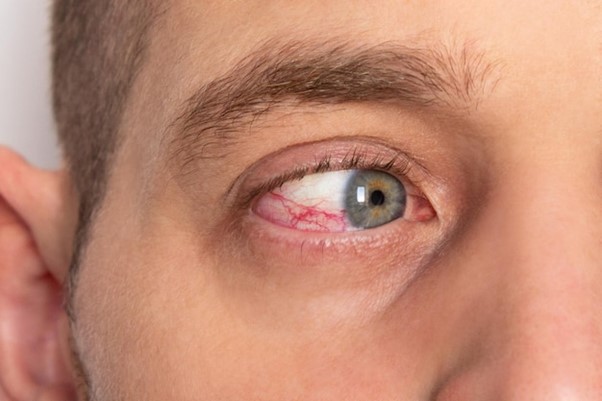Uveitis is a complex inflammatory condition affecting the uvea, which is the pigmented or middle layer of the eye. This layer lies between the inner retina and the outer sclera and cornea and includes three main parts: the iris, ciliary body, and choroid. Uveitis can occur in various forms, classified by the affected area: anterior (the most common), intermediate, posterior, and panuveitis (inflammation of all parts).
What Are the Symptoms of Uveitis?
The symptoms of uveitis can vary but often include:
- Eye Pain: Which ranges from mild to severe.
- Redness: The eye may appear noticeably red.
- Blurred Vision: Vision may be unclear or hazy.
- Floaters: Small spots or shadows may be visible in your field of vision.
- Sensitivity to Light: Bright lights can cause discomfort.
If you experience any of these symptoms, it is essential to seek medical attention promptly.
What Causes Uveitis?
Uveitis can develop for several reasons. In majority of the cases, no underlying cause is identified, particularly in anterior uveitis. However, it can also be associated with:
- Autoimmune Disorders: Conditions like rheumatoid arthritis or ankylosing spondylitis are often linked.
- Infections: Bacterial, viral, or fungal infections can trigger inflammation.
- Trauma: Injury to the eye may lead to uveitis.
- Certain genetic predisposition may increase the risk of developing uveitis.
How Is Uveitis Diagnosed?
Diagnosing uveitis typically involves a comprehensive eye exam, which may include:
- Dilated Fundus Examination: This helps assess the health of the retina and rule out posterior uveitis.
- Ophthalmic Tests: Additional tests may be conducted to identify any underlying conditions, such as autoimmune diseases or infections.
What Are the Treatment Options for Uveitis?
Treatment mainly focuses on addressing the symptoms. Some of Common approaches include:
- Corticosteroids: These can be administered as eye drops, orally, or through injections to control inflammation.
- Immunosuppressive Medications:
- Antiviral Treatments: If an infection is identified, antiviral medications may be prescribed.
Prompt treatment is crucial to prevent complications such as cataracts, glaucoma, or even permanent vision loss.
Why Is Early Treatment Essential?
Ignoring symptoms of uveitis can lead to serious consequences, including permanent vision damage. Early medical intervention is the key to effective management and preserving eye health.
At Paranjpe Eye Clinic & Surgery, we specialize in diagnosing and treating uveitis to safeguard your vision. Don’t ignore symptoms—contact us today for a comprehensive eye exam and personalized treatment options to protect your eye health

